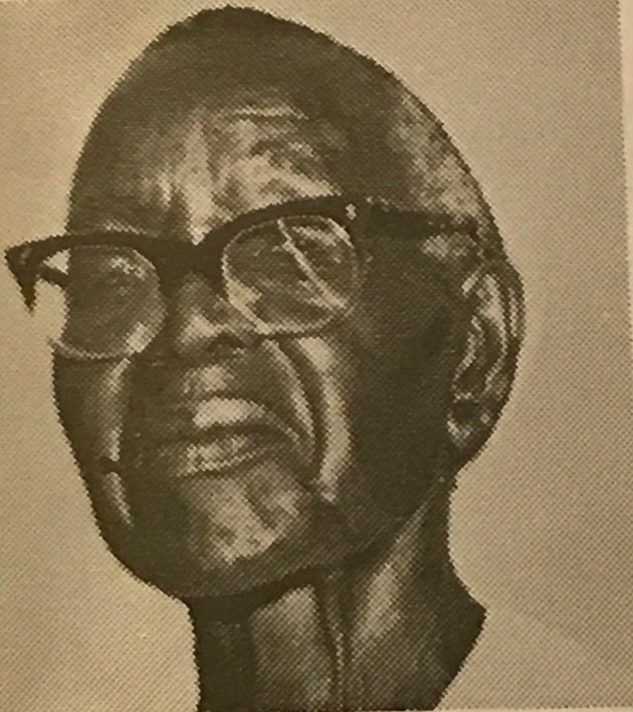Renewal 2027 testimony: historical profile
Renewal 2027 is a 10-year series of events organized by Mennonite World Conference’s Faith and Life Commission to commemorate the 500th anniversary of the beginnings of the Anabaptist movement. This series highlights leaders in the movement from history to the present.
More than half the rural churches in BICC Zimbabwe Conference are led by women pastors. Many of the women who plant BIC churches do so because they settle in a place where there is no congregation they are used to and they hunger for fellowship with other believers. They start having home fellowship meetings. Sometimes a woman is identified to lead because of her spiritual maturity and knowledge of the Word. Many of the BICC women preachers are women who are highly respected in their areas.
One of the earliest Brethren in Christ (BIC) women in Zimbabwe who was involved in church planting work and in preaching the gospel in the early years was Sitshokuphi Sibanda.
She was already a teenager when the first missionaries settled at Matopo in Zimbabwe in 1898.
She was one of the early converts who then got some book education from the mission. There Sitshokuphi gave her life to God, and never looked back.
On the home front, Sitshokuphi faced immense challenges from hostile villagers who highly relished traditional beliefs and were steeped in ancestral worship.
She also faced opposition and ridicule from even her family, neighbours and peers. What did she think she was doing trying to take away helping hands from the fields?
There was a time when she provoked the wrath of all her people by accompanying some missionaries to a shrine where rain-making ceremonies were conducted.
This was a risky undertaking as not just anyone was permitted to visit the sacred shrine. When rains did not fall for years after that, blame was heaped upon her. But, that did not deter her from evangelising.
In her later life, she lived at Mtshabezi Hospital for a long time.
Being old and unable to travel did not deter her from her call. The hospital became a new mission field for her.
On 4 November 1971, Sitshokuphi passed on. She had run her race well, leaving a wonderful heritage of faith in God.
A poignant statement on Sitshokuphi’s work is her statement that, “It is good to work full-time for the Lord, but it is not good to work full-time for the church.”
Sitshokuphi was laid to rest at Matopo Mission at a place reserved for some of the most honoured servants of God.
—A Mennonite World Conference release by Barbara Nkala, gleaned from Doris Dube’s Silent Labourers. Barbara is the MWC regional representative for Southern Africa. She presented on Pioneers in the Early Years of BICC in Zimbabwe (1900–1950s) at Crossing the Line: Women of Anabaptist Traditions Encounter Borders and Boundaries, a conference at Eastern Mennonite University, Harrisburg, Virginia, USA.
